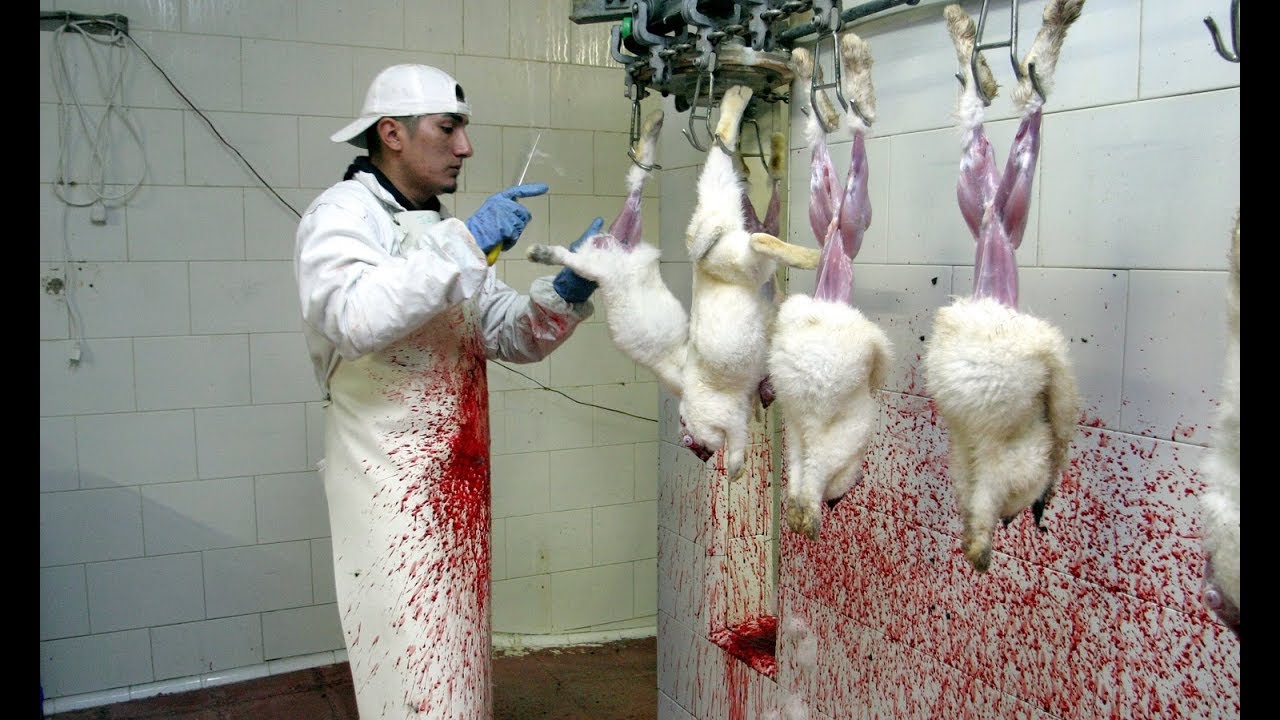It is therefore recommended that protective clothes and items remain at the workplace for daily washing
 KRC TIMES Desk
KRC TIMES Desk

The virus which causes COVID-19 most probably has its ecological reservoir in bats and transmission of the virus to humans has likely occurred through an intermediate animal host – a domestic animal, a wild animal or a domesticated wild animal that has not yet been identified. While the zoonotic source of the virus is currently unknown, the following general recommendations for reducing the risk of transmission of zoonotic pathogens in live animal markets apply:
- Anyone visiting live animal markets, wet markets, or animal product markets should practice general hygiene measures, including regular handwashing with soap and water after touching animals and animal products, avoiding touching eyes, nose, or mouth with hands, and avoiding contact with sick animals or spoiled animal products.
- Any contact with other animals possibly living in the market (e.g. stray cats and dogs, rodents, birds, bats) should be avoided. Attention should also be taken to avoid contact with potentially contaminated animal waste or fluids on the soil or structures of shops and market facilities.
- The consumption of raw or undercooked animal products should be avoided. Raw meat, milk, or animal organs should be handled with care, to avoid cross-contamination with uncooked foods, as per good food safety practices.
Recommendations for people working in these markets:
- Slaughterhouse workers, veterinarians in charge of animal and food inspection in markets, market workers, and those handling live animals and animal products should practice good personal hygiene, including frequent hand washing.
- They should consider wearing protective gowns and gloves while professionally handling animals and fresh animal products. Equipment and working stations should be disinfected frequently, at least once a day.
- Protective clothing should be removed after work and washed daily. Workers should avoid exposing family members to soiled work clothing, shoes, or other items. It is therefore recommended that protective clothes and items remain at the workplace for daily washing.
- As a general recommendation, sick animals should never be slaughtered for consumption; dead animals should be safely buried or destroyed and contact with their body fluids should be avoided without protective clothes.
- Veterinarians should maintain a high level of vigilance and report any unusual event detected in any animal species present in the markets to veterinary authorities.





